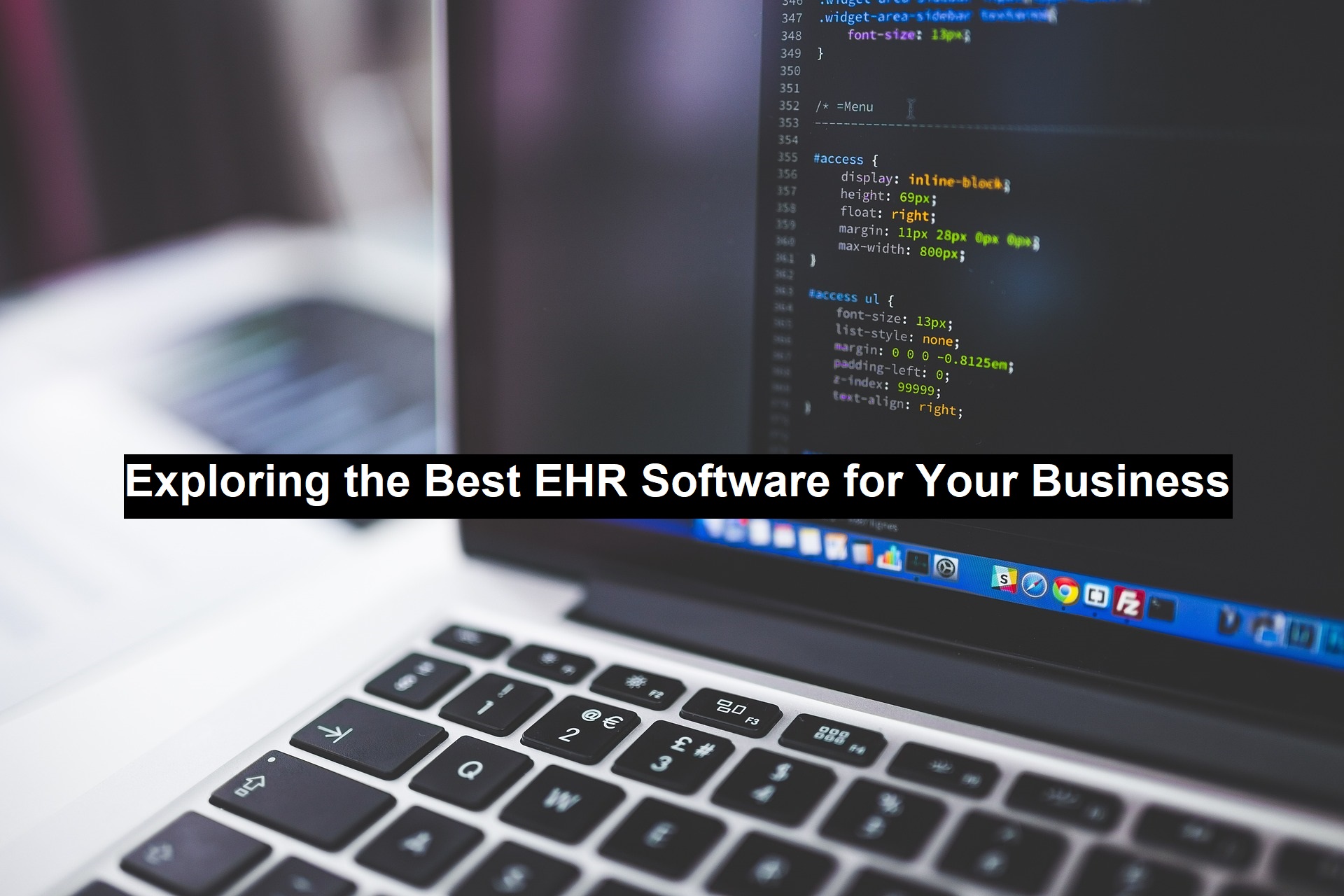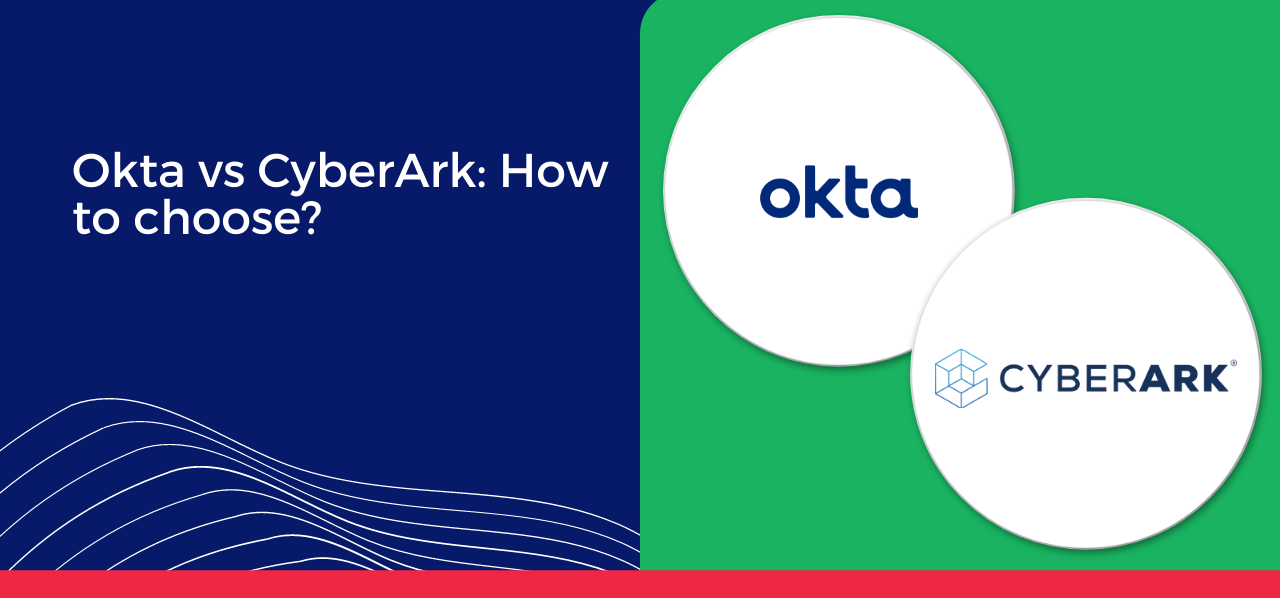
EHR software or Electronic Health Record software is used for electronic documentation of patient’s care. In the modern healthcare environment, Electronic Health Record (EHR) software is becoming popular day by day. EHR software helps healthcare professionals to provide better patient care, reduce time consumption and also increase productivity of healthcare organizations. But, have you ever thought which EHR Software is Best for your business? Not just one, there are hundreds of EHR Software available in the market. So, today in this blog let’s talk about types of EHR software, some of the Top EHR software Systems and get information about how to choose the Best EHR Software for your business.
What is EHR Software?
EHR software or also known as Electronic Health Record software is the electronic version of a patient’s medical chart. It consists of a patient’s medical and treatment history and is designed to be easily shared between healthcare providers and medical facilities. EHR software or EHRs systems play an important role in maintaining accurate and up-to-date records of patients which can be accessed anytime by healthcare professionals when needed. Before we move further to types of EHR software, let’s see what actually EHR software or healthcare IT solution does?
EHR Software Types
1. Cloud EHR Software
Cloud EHR software is stored on external servers and loaded through the Internet. Cloud EHR software has many benefits including minimal initial costs, seamless upgrades and the portability to log into the system from anywhere his healthcare staff can access the internet. Cloud EHR software is perfect for small or medium sized practices that need flexibility and cost efficiency.
2. On-Site EHR Software
On-site EHR software is deployed and managed on servers located within the practice. On-site EHR software offers more control over data and customization. But on-site EHR software demands large capital investments in both hardware and IT support. On-site EHR software is commonly used by larger organizations with in-house IT teams.
3. Specialty EHR Software
Specialty EHR software solutions are built for particular medical fields like cardiology, dermatology or pediatrics. These systems are programmed with specialty-specific templates, workflows and additional functionalities that tackle the one of a kind challenges of every specialty. Specialty EHR software boosts performance and accuracy through the distinct demands of various specialties.
4. Open Source EHR Software
Open source EHR Software empowers medical groups to alter the source code and tailor the program to their personal clinical desires. Open source EHR software is extremely versatile and minimizes upfront costs as there is no licensing charges. But open source EHR software demands IT knowledge to install and sustain. Open source EHR software is great for tech forward organizations who want to invest in a strong and affordable product.
Read: Gеnеrativе AI: A Gamе-Changеr in Elеvating Customеr-Cеntric Businеssеs
Things to Consider when Selecting the Best EHR Software
1. Ease of Use
Ease of use is a major factor when selecting EHR software to ensure healthcare providers utilize the computer system efficiently and effectively. Find an EHR software that offers an intuitive and easily navigable layout. The software should encourage your practice’s workflows and reduce learning time for employees.
2. Compatibility
Compatibility refers to healthcare providers’ EHR software systems’ capacity to send and receive information between separate entities. Implement an EHR software system that encourages effortless data transmission with external systems, like labs, pharmacies and other healthcare entities. This guarantees a smooth transition of care and diminishes potential miscommunication.
3. Configurability
Healthcare properties each pose particular demands and possess exclusive workflows. Find an EHR software that allows for configurability to modify the computer system to satisfy your specific needs. This could contain editable templates, types and workflows suited to your practice’s specialty and current procedures.
4. Adaptability
Your practice will grow and expand, therefore, select an EHR Software that’s adaptable to fit your practices changes. A chosen EHR system should handle extra users, patients and information without having a decrease in speed or overall performance. EHR softwares that are cloud based are particularly beneficial in this field as they include built-in adaptability.
5. Compliance and Security
Check if the software and the vendor are compliant with the industry regulations and laws, for example HIPAA (Health Insurance Portability and Accountability Act) in the US. Data security and privacy is another important aspect, hence, look for EHR software with strong security features including encryption, access controls and frequent security patches.
6. Cost
EHR software cost ranges from hundreds of dollars to thousands of dollars depending on the features, delivery method and vendor. In addition to the implementation cost, you need to consider the recurring costs, for example subscription fees, maintenance fees and training costs. Cloud based EHR software generally has lower implementation costs but may include recurring subscription fees.
7. Support and Training
Effective support and training are critical to the success of EHR software implementation and adoption. When buying or introducing an EHR software, consider the vendor’s support services, such as technical support, user training and ongoing support to your staff. This way you can be sure that your employees can use the software correctly and efficiently solve any problems that might arise during the usage of the electronic health record.
Conclusion
Choosing the top EHR software for your business is the most important decision you will make regarding managing the quality, efficiency and outcome of your patient care. Healthcare organizations can make a better EHR selection by first understanding the various types of EHR software, exploring the top EHR software systems, and then finally by considering the most important EHR selection factors like usability, interoperability, customization, scalability, compliance, cost and support.
The top EHR software you choose should fit your practice’s specific needs like a glove, enhance your clinical workflows and finally improve your patient outcomes. Whether you decide to invest in a cloud based EHR software for its flexibility and affordability or in a specialty EHR software that best suits your medical discipline, the right EHR software will revolutionize your practice and significantly elevate the quality of care you offer your patients.
Author’s Bio:
At Bigscal Technology Pvt Ltd, Jiten spearheads innovative digital marketing campaigns tailored to the company’s objectives, leveraging cutting-edge SEO techniques to enhance search engine rankings and drive organic traffic.



